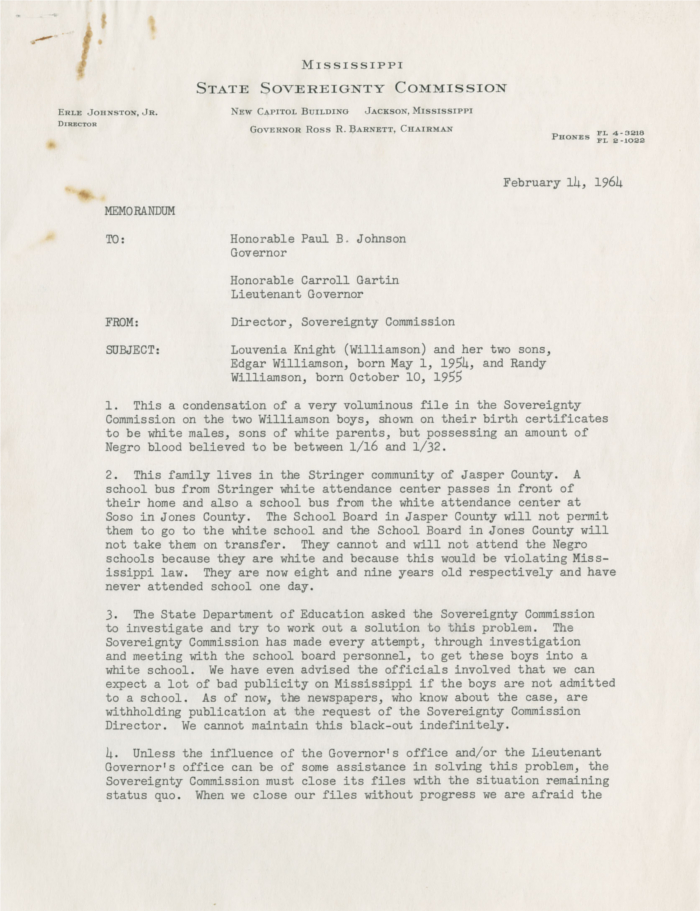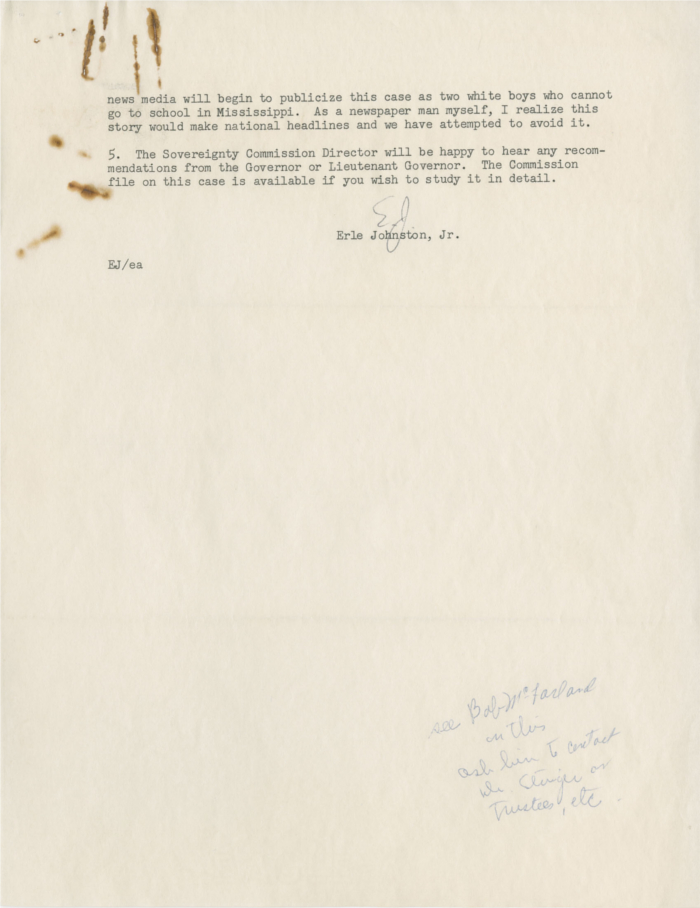Cherokee Phoenix: Remarks on the Report of the Committee on Indian Affairs in the House of Representatives
Cherokee Phoenix and Indians’ Advocate
New Echota, Georgia
Wednesday, 1830-03-30
Volume II, Number 50
Page 1, column 1b; Page 2, column 2b
Source: Hunter Library, Western Carolina University and Georgia Historic Newspapers
We have read that part of the report of the Committee on Indian Affairs in the House of Representatives, which describes the condition of the Cherokees, with feelings of indignation, and sincere regret that otherwise intelligent men should be prompted by self-interest, to the reiteration of studied and criminal misrepresentations. We were aware, considering the political opinions of a majority of the committee, of the general principles which would be promulgated by them, still we did not in the least suppose that, to justify the policy of removing the Cherokees, such unfounded and untenable premises would be resorted to. But it is even so. As truth cannot be brought to second their design, misstatements and falsehoods, derived from interested and mercenary persons must be put in requisition. It matters not what is sacrificed, so that the great arm of removing and destroying (as we do now verily believe) the Indians may be accomplished. We can now no longer exercise charity for the advocates of Indian emigration, when it is apparent that their design is intended to be brought about by deception-this is the battery to demolish truth and justice, & with what skill and dexterity it is handled, may be learnt from the following extracts of the report.
The committee are constrained to believe, from the effects of the new institutions, [Cherokee Government] and the sentiments and principles of most of those who have the direction of them that the Cherokee Indians of pure blood, as they did not understand the design, so they are not likely to profit by the new order of things.
The committee here hazard assertions gratuitously. How do they know in the first place, “the sentiments and principles of most of those who have the direction of these new institutions?” By what process have they been led to the knowledge and what are the sentiments and principles here spoken of? Should they not in justice to themselves, have stated what they are? The sentiments and principles of the Cherokees are contained in the written constitution long ago made public, which secures to every free man equal rights and privileges.- In the second place, how do the committee know that the full blooded Cherokees did not understand the design of these new institutions, and of course are not likely to be profited. We take it for granted that they did understand them, for these new institutions were sanctioned by them, having been reduced into a written form by persons (some of pure blood too) elected for the purpose by their votes.
When the mixed race began to assert its superiority, may be dated the commencement of the deterioration of the mass of the tribe.
When the mixed Cherokees were admitted into the councils of the nations “may be dated,” the overthrow of Indian prejudices against civilization, and consequently the commencement of that improvement which has so justly distinguished the Cherokees, the assertions of the committee to the contrary notwithstanding.
That part of their ancient usages which secured an equal division of the presents and spoils which fortune threw in their way, has been slowly undermined. Wealth has long since become the principal badge of distinction among them, and those who possess it constitute a distinct class. However patriotic or public spirited some few individuals of those who were active in forming the new government may have originally been they have at last been compelled to yield to the general spirit of those around them; and the only tendency yet perceivable in the new institutions has been to enable those who control them to appropriate the whole resources of the tribe to themselves. For this purpose, they have in effect, taken the regulation of their trade into their own hands. They appear, also to have established something in the nature of a loan office or bank, in which are deposited the funds arising from the annuities payable by the Government; and these are lent out among themselves or their favorites. The committee have not been able to learn, that the common Indians have shared any part of the annuities of the tribe, for many years. The number of those who control the Government are understood not to exceed twenty-five or thirty persons. These, together with their families and immediate dependents and connexions (sic), may be said to constitute the whole commonwealth, so far as any real advantages can be said to attend the new system of government. Besides this class, which embraces all the large fortune holders, there are about two hundred families, constituting a middle class in the tribe. This class is composed of the Indians of mixed blood, and white men with Indian families. All of them have some property, and may be said to live in some degree of comfort. The committee are not aware that a single Indian of unmixed blood, belongs to either of the two higher classes of Cherokees, but they suppose there may be a few such among them. The third class of the free population is composed of Indians, properly so denominated, who, like their brethren of the red race everywhere else, exhibit the same characteristic traits of unconquerable indolence, improvidence, and inordinate love of ardent spirits. They are the tenants of the wretched huts and villages in the recesses of the mountains and elsewhere, remote from the highways and the neighborhood of the wealthy and prosperous.
In regard to the annuities, we have stated in a previous number of the Phoenix, that they are not divided among the people as in ancient time, but paid into the treasury of the nation and kept as a public fund for the support of the government and other public objects. Do the committee suppose that these annuities are so large that they are the cause of much wealth and corruption to the “mixed class?” ???_try do we can tell them better. The whole amount of these annuities is very little over six thousand dollars and the sum paid yearly to each member of the council “mixed” and “pure blood” for services, is from seventy to one-hundred dollars.- This small pittance is all they receive.- There is now no “loan office or bank” among the Cherokees. When there was one, every person; “mixed’ or “pure blood” if he was able to pay, had the liberty of borrowing. It is therefore false, positively false, when they say that “those who control the new institutions appropriate the whole resources of the tribe to themselves.” It is a little surprising that the Indian committee in congress should indirectly advocate cold ignorant customs of the Cherokees; such as the custom of dividing among the individuals of the nation, the annuities, a dollar’s worth or so of goods to each, which could not possibly benefit them. It is civilization which has changed the custom, and however the Hon. Committee may be disposed to impugn the motives of those who have been instrumental in bringing about the change, it is a triumphant instance of the civil improvement of the Cherokees.
But the most remarkable reasoning of the Committee is where they say that the number of those who control the Cherokee government does not exceed twenty-five or thirty. What of that? How many control the government of the United States of 12,000,000 inhabitants? One Chief for 40,000 souls, while the avaricious, the despotic and wealthy “mixed” Cherokee is a representative of only a few hundred. What did the committee mean? Did they intend this as an objection to the new institution?
If the committee are not aware whether a single unmixed Cherokee belongs to either of the higher classes, it is because they did not seek testimony from a proper source, or they did not wish to believe existing facts. The speaker of the council of last year was of “pure blood.”-the Clerk of the Council was of “pure blood.”…
Read the entire article here or here.

